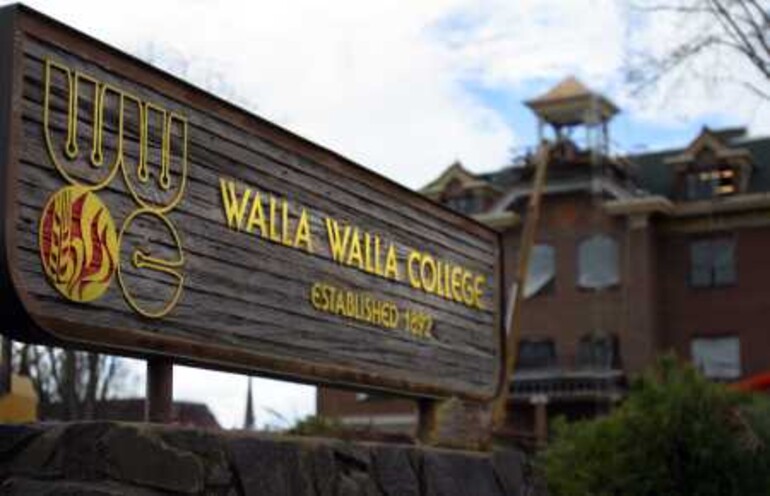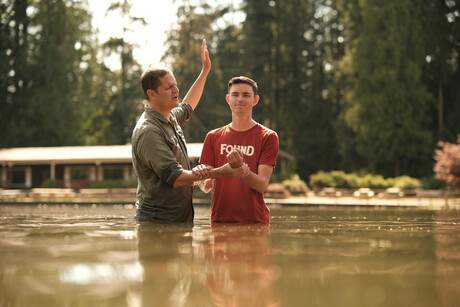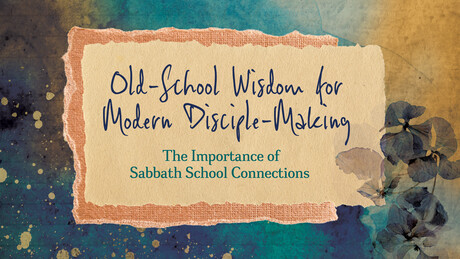For 115 years Walla Walla College has been known as Walla Walla College. On September 1, 2007, that will change, as the institution becomes Walla Walla University.
WWC has been officially recognized as a university for more than a decade by the Carnegie Foundation’s Basic Classification System, which provides guidelines for naming higher education institutions. Classifications are based on programs and students graduating with master’s degrees.
Throughout the years, college administrators and the Board of Trustees exhaustively researched the pros and cons of changing the institution’s name. This year, the time was right. On October 1, at the WWC constituency meeting in Portland, Oregon, 83 percent of the 252 delegates in attendance voted to change the name.
About the enlightening and prayerful meeting, says John McVay, WWC president, “I appreciate very much the obvious interest the constituency took in the discussion and the gracious spirit of the debate.”
One factor contributing to the decision includes positioning the school more accurately to similar institutions. WWC is part of a consortium of 10 schools known as the Independent Colleges of Washington. Of those institutions, all but one has voted to become known as a university. There is also a shift among community colleges, who are increasingly dropping the label “community” and simply becoming known as a college. That is causing more schools to change to a university name in order to differentiate themselves from community colleges.
Being known as a university also clarifies the institution’s status to international students who associate “college” with high school.
“By changing the name, we aren’t trying to become something different,” says McVay. “We’re simply updating our name to reflect the reality of what we already are—a regional university.”
As part of the transition, the phrase “Seventh-day Adventist Higher Education” will also be used as a tagline to the university name. “Our name may be changing, but our education will continue to be rooted in the Seventh-day Adventist faith and tradition,” McVay says.







